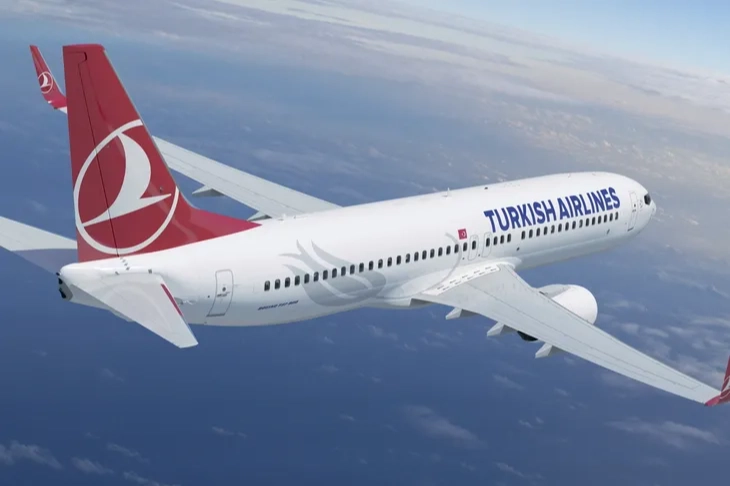European air transport is experiencing a deep crisis, driven by major decisions made—or avoided—by the European Union (EU) and individual governments. However, aviation stakeholders have begun to question whether these decisions represent genuine policy or are merely pragmatic approaches.

Problems in Brussels: The Unfulfilled Single European Sky Goal
European air traffic management remains far from the centralization goals of the Single European Sky program, which has been supported by the European Council for over 20 years. Resistance from Eurocontrol member states against unified air traffic control (ATC) has led to a complex management of air navigation services across the region. This situation has resulted in increased congestion, emissions, and costs across Europe, with unnecessarily long flight routes becoming a major issue.
Political Disruptions and Industrial Disturbances
Dysfunctional airspace management is not the only issue facing European air transport. However, one of the biggest problems often arises from political and industrial disruptions. John Strickland, director of London-based JLS Consulting, notes that the lack of commitment to air transport by the EU and individual governments has created this situation. He explains that Europe views aviation as a "necessary evil," unlike emerging markets such as the UAE and Saudi Arabia.
France’s Industrial Strikes and Delays
Industrial strikes in France have caused significant disruptions to European air traffic. According to Eurocontrol, last year, half of the air traffic delays were due to industrial disruptions, with 99% of these caused by strikes by French air traffic controllers. These disruptions mainly affect flights connecting France to other destinations rather than domestic flights.
The EU’s Aviation Policies and the Need for Reform
Ryanair has called on the EU to reform air traffic management and ties its demand to a fight for the greater good. Strickland points out that isolated decisions by some EU member states have further complicated aviation. Examples such as capacity restrictions at Amsterdam Schiphol show that Europe has failed to implement necessary reforms in air transport management.
Airport Investments and Financial Challenges
ACI Europe states that the financial situation of European airports has weakened during the COVID-19 pandemic and the subsequent recovery, with investment plans for the 2022-2024 period reduced by €27 billion. Furthermore, it is estimated that European airports will need a total investment of €360 billion by 2040, with most of the funds required to increase capacity and improve infrastructure.
The Rise of Turkish Airlines and Turkey’s Growing Competition
Turkey’s aviation sector has experienced significant growth, symbolizing a shift in power within European air transport. Istanbul Airport's target of 85 million passengers in 2023 and Turkish Airlines' expanding fleet pose significant competition to European airports and airlines.
Airline Consolidation and Competition
Airline consolidation in Europe continues, with large airline groups acquiring smaller operators. The Lufthansa Group is accelerating its plans to acquire the Italian airline ITA (formerly Alitalia), while the Air France-KLM group is advancing in its process to acquire SAS. However, some airline consolidations face challenges, especially due to regulations and financial difficulties.
Sustainability and Decarbonization Challenges
Europe faces significant costs in its quest to achieve net-zero carbon emissions. The European aviation industry is discussing the high costs of transitioning to zero emissions within the EU's timelines. IATA and A4E state that more support and incentive mechanisms are needed to meet the EU’s sustainability goals. Europe’s air transport sector must cope with the pressures created by the high costs and timelines of low- or zero-carbon fuels.